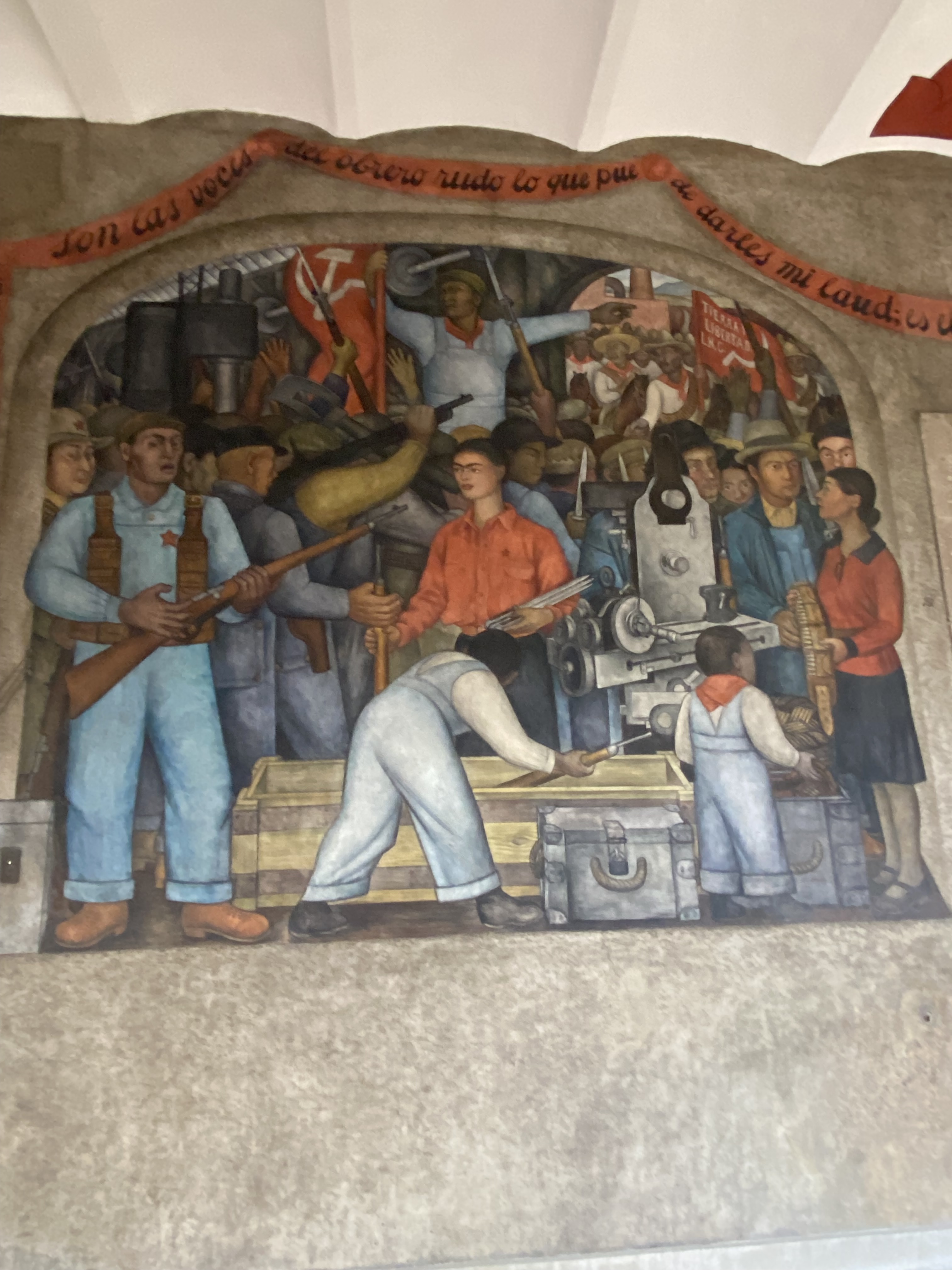Certainly the ones who oppose it are wealthy elitists.
On the other hand, everything I have ever heard about this idea of "filling in" seems like homeowners who want to rent out their alley without having to conform new-built residences to code so they can maximize $$$$$.
Do other cities have this "movement"?
I hate the tiny home “movement” or whatever you call it. Homes are not unaffordable because they’re too large, they’re unaffordable because the housing market has been financialized. Building smaller housing units just kicks the affordability can down the road on a per-unit basis while the price per-square-foot of housing (which is the metric that matters to investors) continues to rise. It’s literally shrinkflation.
Financialization of housing is why market housing will never, ever get cheaper. Even if you build a bunch of housing today, to the point of oversupply, it’ll be unaffordable again in a few years as it grows in value to investors. As long as housing is a tradable commodity with essentially zero risk or carrying costs, it will never be affordable. Any solution that doesn’t address the underlying commodification of housing isn’t actually a solution, just a way of creating the temporary illusion of affordability within a greater framework of value extraction.
As long as housing is a tradable commodity with essentially zero risk or carrying costs,
I have been interested in the insurers that are pulling out of Florida & California as the climate disaster risks become to high for this reason. Once home insurance isn't available housing is no longer a great investment, new buyers can't get mortgages, home sale price seems like it would have to drop in response which I guess causes a lot of current mortgages to go weird. And as a bonus both states are on "opposite sides" of the political spectrum and will be just comically unable or unwilling to deal with the problem but presumably in different flavors.
This is going to be shitty for people but seems like it is better than the status quo existing in perpetuity. It will be like having a glimpse a few years into the future for most other states.
In that scenario, housing only goes down in value because the underlying conditions make the area unlivable, leading to mass migration elsewhere (which we're already seeing in some parts of the world) and a commensurate drop in economic activity in the area. It doesn't make housing more affordable, it just makes it less desirable, plus it puts upward pressure on housing markets that receive climate migrants. It will effectively make housing less affordable because it takes certain geographies out of the equation. Not only are they not making more land, but there will start being land that becomes effectively uninhabitable. The status quo has already priced all of this in. There's no condition where housing becomes more affordable without meaningful changes to how housing is owned and distributed.
But, to be less doomer about it, there is nothing inherently blocking the creation of better ways to do housing. The market won't provide affordability, but that doesn't mean that housing can't be affordable. It's not a problem that needs to be handled all at once at all levels, the problem can be broken down and solved in different ways in different places. There are plenty of levers to pull to solve the problem, and the pressure to start pulling those levers is only going to grow. It's a good area for organizing, and for finding people who are already radicalized, it's just that the current status quo is shitty and isn't going to get better without changes.
Even the concept that building supply will even temporarily affect housing prices isn't real. Say someone builds an additional 10% of the supply - are those going to be listed at prices below current market rates? Who is going to buy them, the people who already currently can't afford them? No! Investors are going to buy them and maintain the prices at current market rates. It will be the same people owning houses whether it's the number there are now or thousands more.
It's even more fundamental than that. Developers aren't going to build housing if they can't sell it for a certain markup, in large part because they can't get financing unless the project is projected to generate a certain level of profit, which means that new housing only gets built when there's high demand for it. They will even delay projects when market conditions cool, because there's no real cost to owning land. The only time they get caught overbuilding is when they're mid-construction and the market shifts. Even then, these projects are often afflicted with mysterious fires that end up with insurance payouts that cover the developer's losses. There simply is no mechanism for the private sector to build affordable housing, which is why housing needs to be built, or at least financed, by the state and the housing stock kept in some version of public trust to keep it away from the market. If anyone suggests anything other than that, they are an unserious person.
This is why the NIMBY vs YIMBY debate is stupid and a dangerous distraction. Without decommodification of housing, the problem will persist regardless of how much housing is built.
I am trying to buy a home. Before everyone dogpiles me for being super ultra rich it's with literally 5 other people, we can really only afford this if 6 of us pool our resources. We have spent years planning and saving for this.
And every time we find a place that we can make work and make what everyone tells us is a reasonable offer on it, some investor comes in with a cash offer way over the already inflated asking price and we literally just can't compete. 6 people with savings and wages pooling resources trying to buy a fucking home to live in but no even 6 people can't compete with one investment bro trying to expand his portfolio.
Housing is no longer housing. It's an investment. The fact that people reside in the house isn't a relevant part of the equation anymore.
Living in a big house with several long term friends. I hope your dream comes true.
If you are in Ontario maybe you can get on co op housing lists for large units. In 20 years your names might come up.
An application with the City's Committee of Adjustment (CoA) sought to bring a three-storey, eight-unit apartment building...
the site of the proposed building is nestled within one of Toronto's many wealthy enclaves of single-family housing...
I'm sorry... what about an apartment building is a "tiny building"? Bad title, very misleading.
I now added quote marks to the title in case it wasn't clear that I am not saying this. Not certain if you or anybody was confused by that.
To tell the truth I didn't read the whole article. It was too annoying. I hate everyone involved too much. Thanks for putting in the work.
Oh no comrade, I wasn't trying to say that you were editorializing in the OP title. I could have been clearer that I was referencing the title of the blogpost (unless that's your blog... which I hope not... because that would be a bit awkward)






